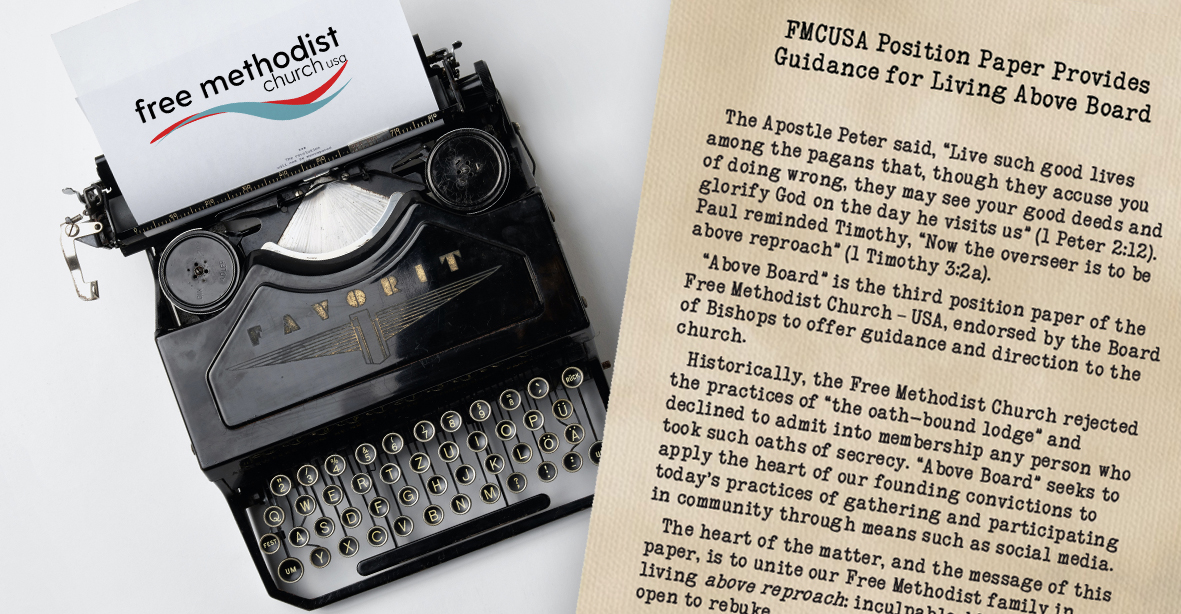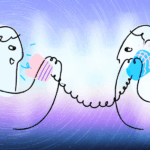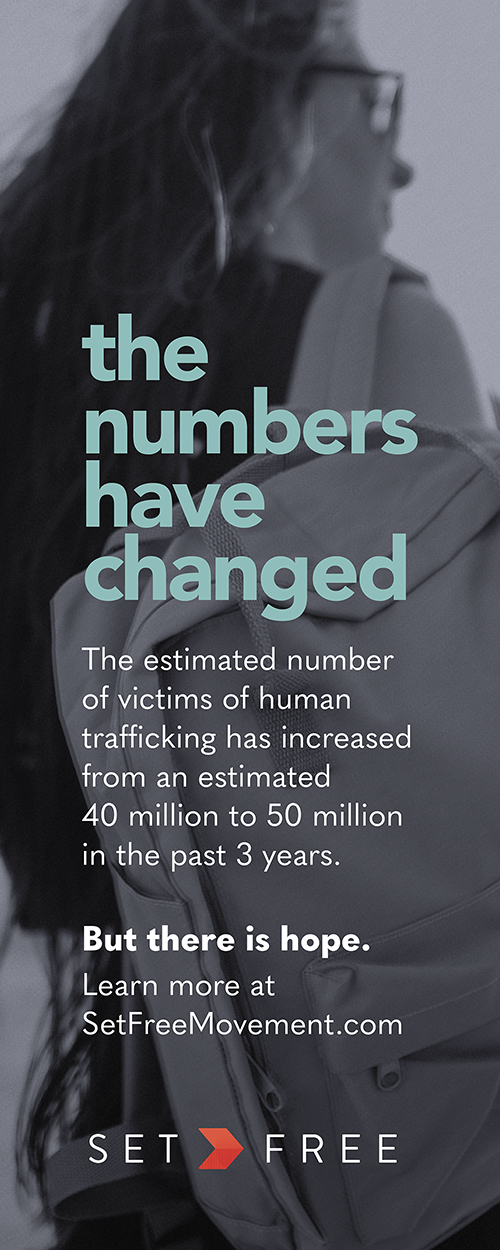An Official Position Paper of the Free Methodist Church – USA
Introduction
The Free Methodist Church endeavors to honor and include people from all races, cultures, and ethnicities as made in the image of God and welcome them among every aspect of leadership and membership of the Free Methodist Church.
While the Free Methodist Church seeks to bring the good news of Jesus’ love and redemption to all people, it must be recognized that racial inequality is a part of global church history including the history of the Free Methodist Church. Our world history includes slavery, colonization, and the deconstruction of indigenous communities. Jesus’ ministry, by contrast, has always been clear: “Love the Lord your God with all your heart and with all your soul and with all your mind and with all your strength.’ The second is this: ‘Love your neighbor as yourself.’ There is no commandment greater than these” (Mark 12:30-31). Our understanding of “neighbor” must extend beyond monocultural experiences to include all people: People of color, and people with experiences not like our own. Unfortunately, tension along racial lines is an ongoing reality for the church. How do we align ourselves with the gospel to create agency for the equity and inclusiveness of all races?
Our FM Commitment
In the Free Methodist Church, we seek to bring holy order and unity to people of all races, nations, languages, and tribes. In 2019, The Free Methodist General Conference chose to address racial equity through our Book of Discipline as seen in the following section.
Dignity and Worth of Persons
We are committed to the dignity and worth of all humans, including the unborn, regardless of gender, race, ethnicity, color, socio-economic status, disability, or any other distinctions (Acts 10:34-35) and will respect them as persons made in the image of God (Genesis 1:26-27) and redeemed by Christ’s death and resurrection.
From Paragraph 3221 of the 2019 Book of Discipline
The Bible clearly articulates God’s intention to unite all people in covenantal relationship with God and one another. Inclusion in the Old Testament was not limited to male and female, but included all cultures and people, who were, as descendants of the first couple, made equally in the image of God. The New Testament continues to build on the Old Testament’s foundation of God’s restorative action toward humanity. God’s partnership with diverse people groups becomes more explicit in the actions of Christ incarnate and the teachings of the apostles. The New Testament also teaches more overtly on humanity’s expected partnership with one another in Christ.
The Free Methodist Church is founded on the principles and ideals of B.T. Roberts who departed from the Methodist Episcopal Church with a conscience toward the poor. Roberts’ continued work led to activism in the treatment of African slaves around the world and particularly in the United States. Robert’s work as an abolitionist is the foundation of the Free Methodist Church. His 19th-century work continues to teach us today in the 21st century.
As we move forward, the Free Methodist Church is committed to learning from our past, educating ourselves in current issues, and actively working to create an environment that reflects the dignity and worth of all humans.
We are therefore pledged to active concern whenever human beings are demeaned, abused, depersonalized, enslaved or subjected to demonic forces in the world, whether by individuals or institutions (Galatians 3:28; Mark 2:27; 1 Timothy 1:8-10). We are committed to give meaning and significance to every person by God’s help. Remembering our tendency to be prejudicial, as Christians we must grow in awareness of the rights and needs of others.
Racism represents a particularly egregious affront to the dignity and worth of persons and its presence is manifest in the life, history and institutions of all nations. Slavery and genocide are grievous stains, warranting collective lament, repentance, and repair. Racial oppression in all its forms continues to exact harm throughout the world, distorting the dignity of persons and God’s love for the great multitude of all nations (Acts 17:26, Revelation 7:9). The Free Methodist Church was itself born out of a desire to stand against the evil of slavery and we continue to recognize the sin of racism and oppose it in all its forms.
From Paragraph 3221 of the 2019 Book of Discipline
Why is the work of racial equality important to the Free Methodist Church?
The Free Methodist Church began with an explicit emphasis on freedom for slaves and the poor to be recognized as equally valuable members and contributors to the church and society. However, missing were voices from people of color and women at the founding leadership table. Today, we are a movement desiring to represent all voices at every level of leadership. Representation offers a combination of diverse myopic lenses to speak to the collective voice that includes the dignity and worth of all persons.
The Free Methodist Church values the freedom of all ethnicities to worship and live together in unity. As we seek to achieve racial unity it is important to understand its contrast, racial inequality, is a systemic device that leads to racism.
William Manning Marable, a former Colombia University professor and winner of the Pulitzer Prize for History, defines racism in the United States as “a system of ignorance, exploitation, and power used to oppress African-Americans, Latinx, Asians, Pacific-Americans, Native Americans, and other people on the basis of ethnicity, culture, mannerisms, and color.” This definition is important because it shifts away from the unfortunate acts of individual racists and speaks to the institutionalized and systemic racism that benefits some and denies all others.
Racism is an abuse of power. The ability to relinquish power is the beginning of reconciliation. Power dynamics are evidenced in how we seek equity and opportunity among our denominational structures and leadership. Jesus modeled relinquishment when he “emptied himself, by taking the form of a servant” (Phil. 2:7). Following Jesus’s lead, Paul went to great lengths to relinquish his personal, moral, religious, and ethnic power for the sake of Jesus (Phil 3:7-11). Theologian Grace Ji-Sun Kim puts it eloquently, “We relinquish power when we say no to opportunities so that other voices can be heard.”
Our Charge to Reflect the Heart of God
The Church is charged to reflect the heart of God, and the wisdom of God is to be revealed through the church. Ephesians 3:6 explains, “This mystery is that through the gospel the Gentiles are heirs together with Israel, members together of one body, and sharers together in the promise in Christ Jesus.” Paul continues in verses 10 and 11, “His intent was that now, through the church, the manifold wisdom of God should be made known to the rulers and authorities in the heavenly realms, according to his eternal purpose that he accomplished in Christ Jesus our Lord.”
Furthermore, the vision of God’s Kingdom as revealed in Revelation 7:9 suggests that the Kingdom of Heaven is saturated in the celebration and welcoming home of all people. The text states, “After this, I looked, and there before me was a great multitude that no one could count, from every nation, tribe, people and language, standing before the throne and before the Lamb. They were wearing white robes and were holding palm branches in their hands.” In this knowledge, the racial discrimination of any person is against the vision God has for creation.
The church is charged with reflecting the heart of God regarding equity and inclusion. Therefore, The Free Methodist Church desires to give agency to the dismantling of systemic racism to see the Kingdom of Heaven on earth.
Organizational, individual, and societal level commitment:
While many Free Methodists have sought equality and unity across race, culture, and ethnicity, the Free Methodist Church regrettably recognizes equality and unity have not always been prioritized or attained by Free Methodists. The Free Methodist Church is committed to equality and unity through the love of Christ among all races, cultures, and ethnicities organizationally, individually, and societally.
As an organization, individuals, and society, the Free Methodist Church is committed to:
- An attitude of ceaseless humility and self-examination, recognizing the ease with which our own limitations can make us blind to the experiences and interests of others (Philippians 2:3-4).
- A posture of humility and repentance for the ways that we have been complicit in or failed to recognize acts of racial oppression.
- Identify, confess, repent of, and redeem thoughts, attitudes, or behaviors that manifest discrimination against a person on the basis of race, ethnicity, or any other distinction between social groups that we create or enforce.
- Seeing racism not only in individual prejudicial attitudes and actions, but also as embedded in processes, system, and institutions. We endeavor to redeem those processes, systems, and institutions that perpetuate injustice on the basis of race or ethnic identity. While individual racism is more easily identifiable because of its overt nature, systemic racism — the way in which human institutions or structures can both actively and passively preserve patterns of discrimination and exclusion — is less perceptible, but no less harmful.
- Our local churches and denomination encouraging, empowering, and modeling the racial redemption and reconciliation we hope to see in the world, proclaiming the transformative victory into places of great brokenness, looking forward to the day when all people gather before the throne of God.
- Solutions grounded in prayer as we seek to edify the worth, equity, and inclusion of all races and ethnicities.
In Conclusion
By equitably including all races and ethnicities at every level of the Free Methodist Church through position statements, policy, denominational leadership, regional and local church leadership, and membership, the Free Methodist Church becomes aligned with its biblical and historical mission of loving our neighbor and making disciples of every nation.
Works cited:
Free Methodist Book of Discipline, 2019
FM Conversations: https://freemethodistconversations.com/dignity-and-worth-of-persons/
Critical Race Theory: https://www.jstor.org/stable/2696265?seq=2#metadata_info_tab_contents
Intersectional Theology: An Introductory Guide by Grace Ji-Sun Kim and Susan M. Shaw
This document was co-authored by Dr. Trisha Welstad and Dr. Kristy Hinds, with contributions from Rev. Dr. Michael Traylor and Rev. Robert Marshall
Endorsed by the Board of Bishops of the Free Methodist Church – USA









